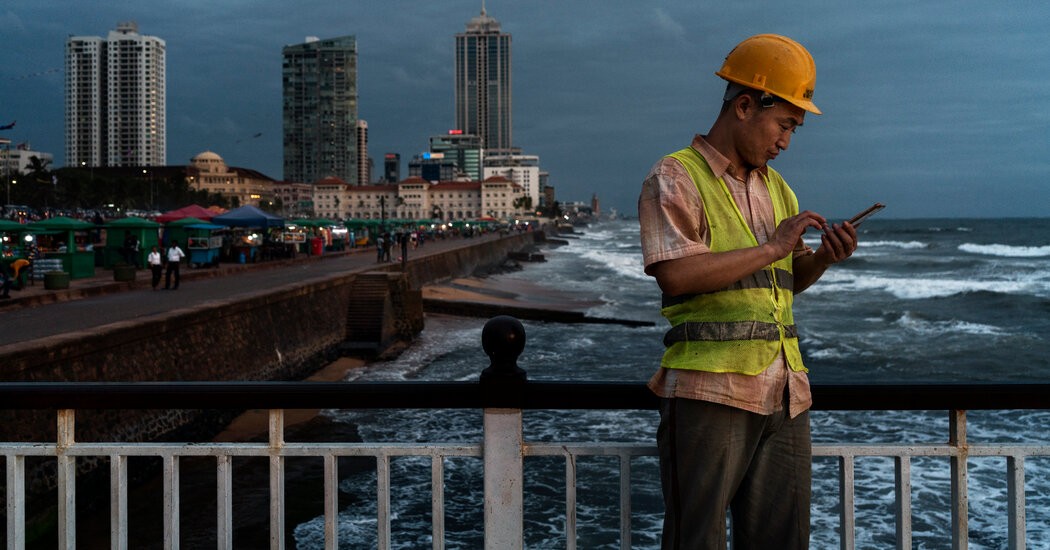[responsivevoice_button rate=”1″ pitch=”1.2″ volume=”0.8″ voice=”US English Female” buttontext=”Story in Audio”]
Targeting WeChat, Trump Takes Aim at China’s Bridge to the World
Some of her friends, she said, had already begun posting links to Line, a messaging app popular in Japan, in case they were forced to switch. To Ms. Han, the order seemed un-American.
“Trump is violating our rights to connect with our families and friends. If WeChat is really banned, the executive order seems rather unconstitutional — it violates the First Amendment,” she said. “It may sound exaggerated here, but I do hope WeChat won’t be blocked.”
The order could end up restricting a variety of dealings between Americans and Tencent.
American companies could, for instance, be barred from advertising on WeChat, cutting them off from a key channel for reaching China’s vast consumer market. Tencent could be prohibited from distributing WeChat through Apple’s and Google’s app stores, which could leave users unable to receive software updates, or unable to use the app entirely.
Apple and Google did not respond to requests for comment.
The White House order could even prevent Tencent from buying American equipment for the servers from which it operates WeChat. If the company uses those same servers to run other internet products and services, a wider swath of its business could be affected, said David Dai, an analyst in Hong Kong with the investment research firm Sanford C. Bernstein.
This would be the “worst-case scenario” for Tencent, Mr. Dai wrote in a research note on Friday.
Tencent, which has a market capitalization well above $600 billion, said on Friday that it was reviewing the executive order “to get a full understanding.” The company’s shares fell almost 6 percent in Friday trading on the Hong Kong Stock Exchange.
TikTok said it was “shocked” by the White House order, which it said had been issued “without any due process.”
At a daily news briefing on Friday, the Chinese Ministry of Foreign Affairs spokesman Wang Wenbin called the order a “nakedly hegemonic act,” saying that “on the pretext of national security, the U.S. frequently abuses national power and unreasonably suppresses relevant enterprises.”



























